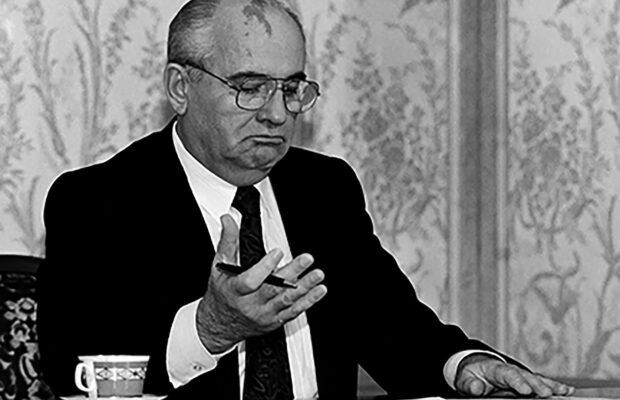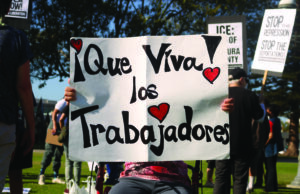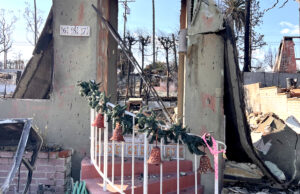Mikhail Gorbachev dies at 91

Mikhail Gorbachev, the last leader of the Soviet Union, died at the Central Clinical Hospital in Moscow due to an unspecified illness on August 30, 2022.
Several major leaders have offered mourning for the late Gorbachev. According to Politico Magazine, U.S. President Joe Biden said, “It was easy to understand why so many in the world held him in such high esteem.”
Current Russian President Vladimir Putin also expressed his condolences, although he has stated that he will not attend Gorbachev’s funeral. Also according to Politico Magazine, U.K. Prime Minister Boris Johnson said, “In a time of Putin’s aggression in Ukraine, [Gorbachev’s] tireless commitment to opening Soviet society remains an example to us all.”
Mikhail Gorbachev became the General Secretary of the Communist Party of the USSR on March 10, 1985. He instituted a number of reforms dedicated to opening up Soviet society. He co-signed a nuclear arms treaty with Reagan that played a fundamental role in ending the Cold War. Gorbachev also withdrew Soviet troops from Afghanistan, ending a decade-long war that cost the lives of 15,000 Soviet Soldiers and roughly 1.2 million Afghans, almost nine times the death toll of NATO’s war in Afghanistan.
However, many in Russia view Gorbachev’s legacy with disdain rather than admiration. Although previous Soviet leaders had been extremely authoritarian, they had been able to effectively govern the Soviet Union and maintain control of its satellite states in Eastern Europe. Due to Gorbachev’s policies, when anticommunist factions—such as the Solidarity Party in Poland—began demanding freedom from the Soviet Union, Gorbachev had to give in.
The anticommunist movement did not stop in the Soviet Bloc. Many of the SSRs (Soviet Socialist Republics), which are federal subdivisions of the Soviet Union, began demanding sovereignty. An ambitious politician named Boris Yeltsin got himself elected the President of Russia, the largest SSR, and went behind Gorbachev’s back to dissolve the Soviet Union.
Russia suffered greatly over the loss of its former empire. While Russia today is a regional power which enjoys influence over Eastern Europe and Central Asia, Russia’s military in the 1990s was a dysfunctional paper tiger, as was evident from their humiliation in the First Chechen War from 1994-1996.
Thus, although he is viewed as a liberator by the West and many living in former SSRs, those in Russia view him as the man who caused the collapse of their military empire.



